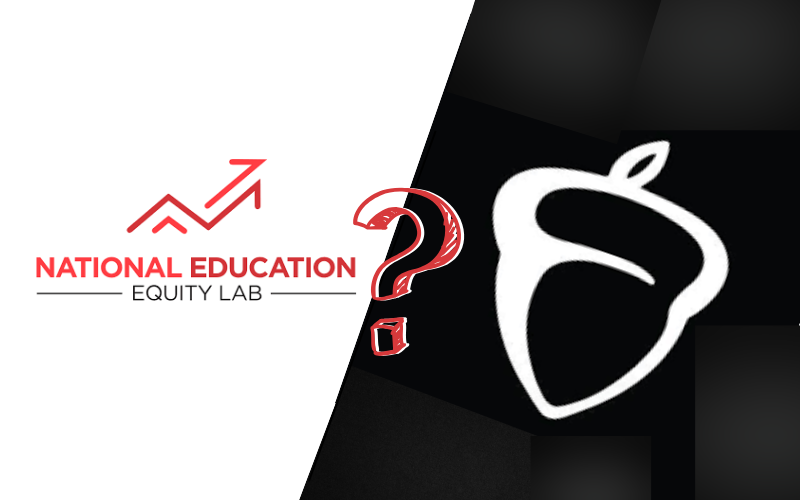
Have you ever wondered what it is like to take a course from Harvard University and have access to actual college work? There is a particular program “that’s much more like college” and it’s not Advanced Placement courses.
The National Education Equity Lab courses are taking the lead over AP courses in high school students’ quest for college credits. This initiative was first created in 2019 with the first course being Poetry in America: The City from Whitman to Hip-Hop. This is a Harvard course that will fulfill the humanities requirement in college. Senior Nickalas Veren felt “empowered” through his experience in the aforementioned. “It gave me an actual insight on college expectations regarding class work engagement and coursework,” he said.
Advanced Placement courses have long been labelled, even up to this day, as one of the most effective ways to obtain a taste of what an ideal college class would be like. The College Board has reported an estimate of 440,000 students challenging themselves with college-level coursework and taking an exam at the end of two semesters in hopes of getting a three or above. Most U.S colleges or other accredited institutions accept Advanced Placement courses if a student scores at least a 3, the highest being 5. However, as time progressed, it has been recognized that a score does not limit students’ capabilities; new alternatives have emerged.
The National Education Equity Lab is an organization that joined forces with top universities like Harvard, Princeton and Cornell to provide high school students with transferable college credits. Ms. Ambrose, Assistant Principal of the English department at Richmond Hill High School, prefers National Education Equity Lab courses. “I much prefer the idea that the college credit is based on you taking the course for the whole time, and showing your consistent work,” Ms. Ambrose said.
Senior Brandon Caraballo-Solis also viewed the National Education courses favorably. “I think it can teach others,” Brandon said. “Like, how to think in a different point of view.”
However, there are some students and faculty members that still acknowledge the benefits of AP courses for current students and those who intend to take them. Despite the seemingly growing enthusiasm to have students venture into the National Education Equity Lab courses, junior Ranjeet Kaur expressed her satisfaction in sticking to the conventional AP course this year in her schedule. “It’s helping me not just only in this class, but, boosting also my grades in other classes,” she said.
Furthermore, Ms. Soleti, the AP Environmental Science teacher, believes that AP courses enhance a child’s college preparedness. “AP syllabus is like a college level course where they have to work more than what they do.”
A student at Adelphi University (Richmond Hill Alum 2024) Aarti Nayyar also shared her experience with AP courses by saying, “AP classes were definitely a lot like college courses.”
Whether it’s The National Education Equity Lab or Advanced Placement courses, most experts and students have come to a general consensus—these courses ultimately help high school students in their preparation to undertake the college journey. Sophomore Darla Prashad expressed her enthusiasm on taking these college-preparedness courses. “I could prepare myself for college,” she said. “My expectations are to learn from them and really take the opportunities.”